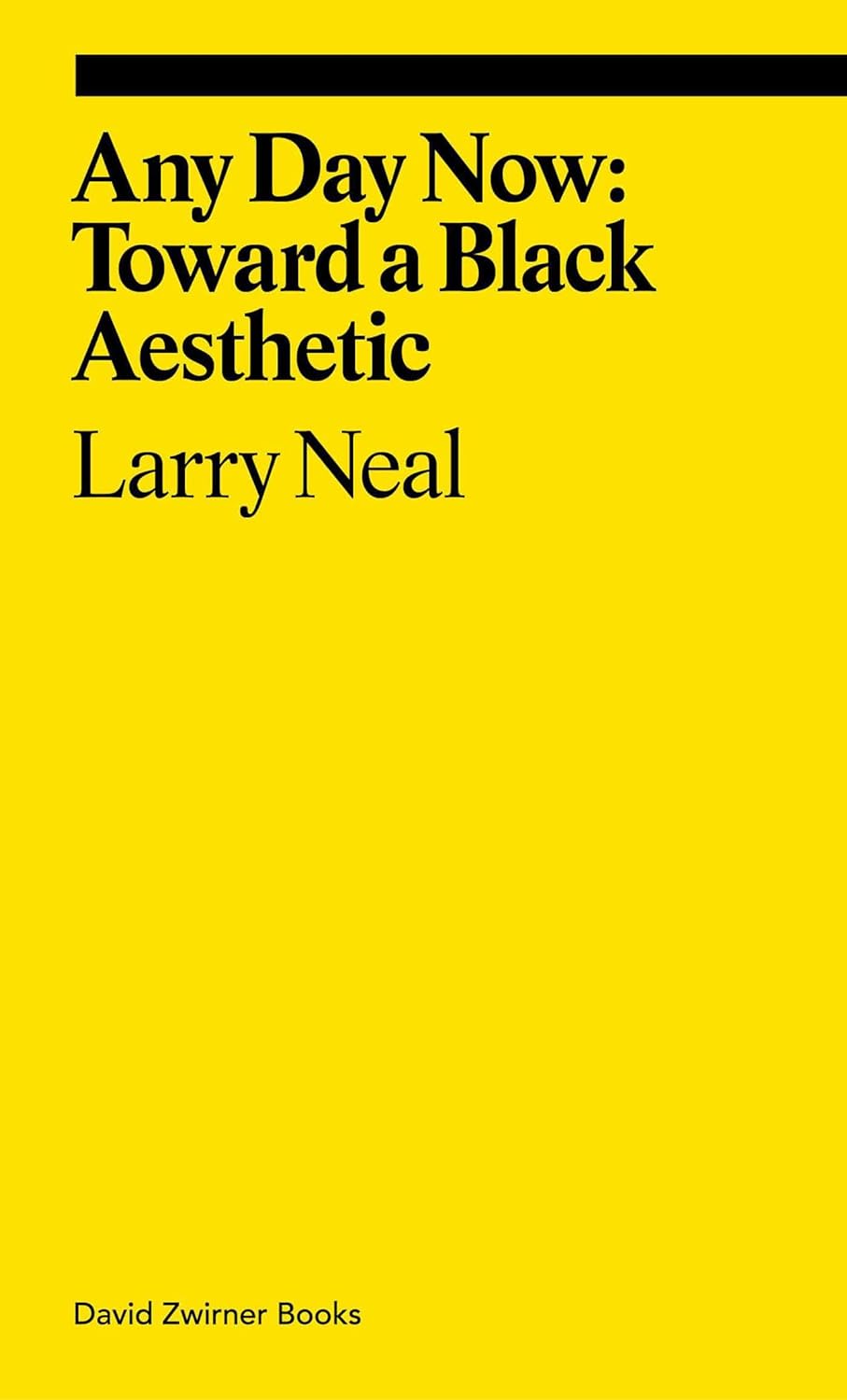
Categorii: Necatalogate, Neclasificat
Limba: Engleza
Data publicării: 2024
Editura: David Zwirner Books
Tip copertă: Paperback
Nr Pag: 96

Growing up in Philadelphia, Neal was surrounded by Bebop music and writing. He culled inspiration and teachings from Ralph Ellison, Langston Hughes, and the leaders of the Harlem Renaissance.
After studying folklore at the University of Pennsylvania, Neal became a prolific poet and critic, and he served as the arts editor for the Liberator where he published many of his essays about art.